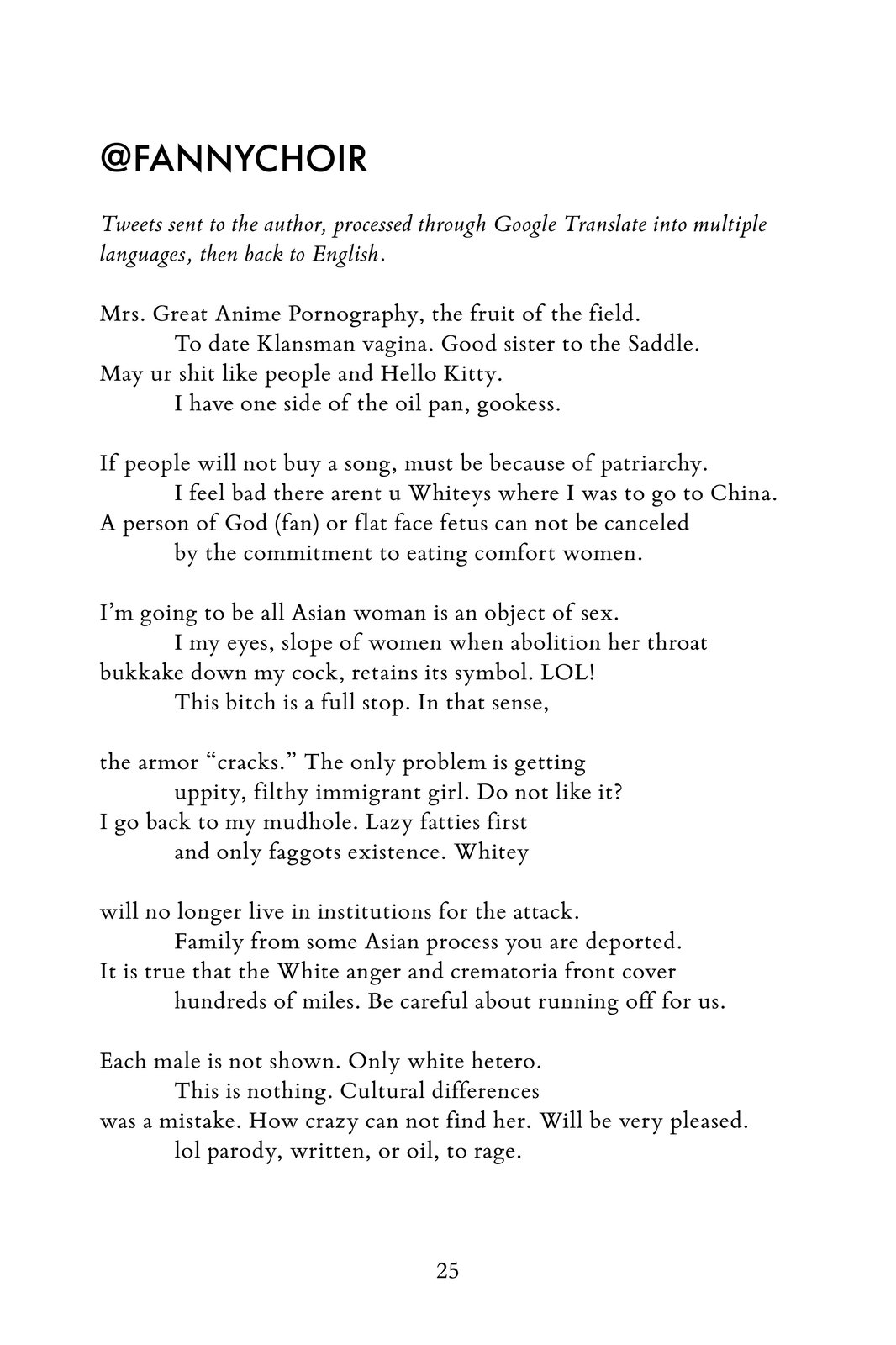

He is currently a Professor of Literature at the University of California, San Diego.

Mary's College of California, and Naropa University. After a career in public policy and organizing, Ali taught at various colleges and universities, including Oberlin College, Davidson College, St. He is also an accomplished translator (of Marguerite Duras, Sohrab Sepehri, Ananda Devi, Mahmoud Chokrollahi and others) and an editor of several anthologies and books of criticism. His novels include The Secret Room: A String Quartet and among his books of essays are the hybrid memoir Silver Road: Essays, Maps & Calligraphies and Fasting for Ramadan: Notes from a Spiritual Practice. His books encompass multiple genres, including the volumes of poetry Inquisition, Sky Ward, winner of the Ohioana Book Award in Poetry The Far Mosque, winner of Alice James Books’ New England/New York Award The Fortieth Day All One’s Blue and the cross-genre texts Bright Felon and Wind Instrument. Kazim Ali was born in the United Kingdom and has lived transnationally in the United States, Canada, India, France, and the Middle East.

These “Queer Check-ins” offer glimpses of queer Pacific Islander and Asian American life–okay, not okay, and in between–and remind us that heritage is always alive and growing, and that sometimes celebrating a community means asking and listening to how it’s doing. Are you okay? each poet was asked, and here, in video poem form, are their answers.

We invite you to recognize this Heritage Month not only through historical appreciation but also by checking in with, and caring for, Pacific Islander and Asian American communities right now.īelow you’ll find 6 poems modeled on this very premise of listening and caring. Today, in 2022, commemoration takes on a different cast amidst the COVID-19 pandemic and an ongoing surge of anti-Asian hate. First recognized in 1979, APAHM was set in the month of May to commemorate the initial arrival of Japanese immigrants in May of 1843 and the completion of the Transcontinental Railroad, the majority of workers for which were Chinese immigrants, in May of 1869. celebrates the experiences and histories of Pacific Islanders and Asian Americans. May is Asian Pacific American Heritage Month, when the U.S.


 0 kommentar(er)
0 kommentar(er)
